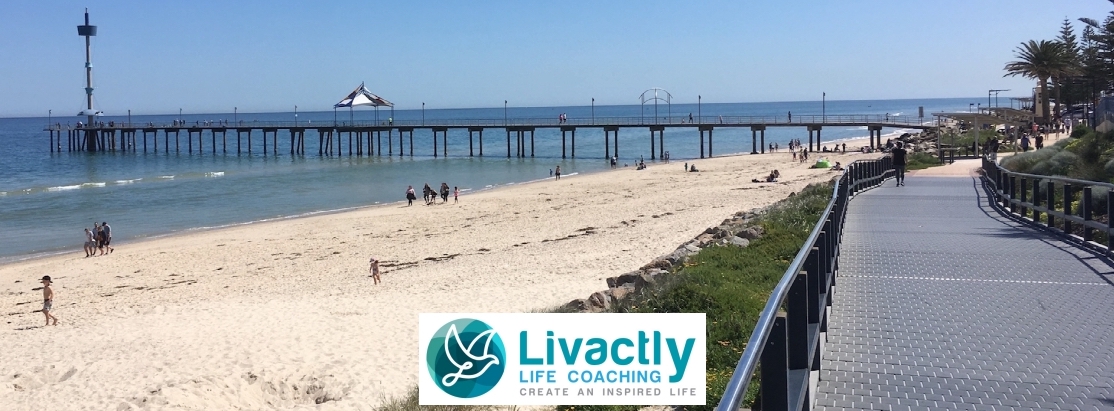August 21, 2024

What is being present? Being 'Present' simply means focusing not on the future or the past, but the 'now'
If you're waiting for a bus or a train, most likely you are looking into the future and getting to your destination. Many people have hopes and dreams of 'one day I'll be rich and have a fabulous house'
However it also pays to be in the moment. After all, the past and the future don't exist - it is only now that does.
Jack Canfield has a great video (see below) that has some great tips on how to be in the present moment.
- Make a solid commitment to remain present - how to? each morning say to yourself: "today I am going to be present in each moment' - look in mirror and say it to yourself. Sets it up.
- Develop a system of reminders to be present throughout the day. e.g. reminders on your phone that go off at intervals through the day each 30 mins. When they go off, stop whatever you're doing then take a deep breath. Say to yourself 'I am present'. Scan you body from top to toe and notice what you are feeling.
- Set aside a period of time each day to practice 'mindfulness'. Mindfulness is what usually happens during meditation, but you don't need to fully meditate to be mindful, nor do you need to spend hours at it.
What I mean by this is to sit down quietly where you won't be disturbed, close your eyes and start to breathe slowly. Firstly concentrate your attention on the sounds around you.
After a while, change your focus to your bodily feelings, and then to your emotions. If you have an acute sense of smell, notice any smells.Finally, focus on the thoughts you are experiencing.
At an appropriate time you can resume your normal waking behaviour. The amount of time you spend doing this does not have to be very long - as little as 3 minutes during a busy work day, or up to 20 minutes at other times.
- Become aware of your thoughts. As above it can be done during the mindfulness exercise, or at any other time of the day for just a few minutes at a time. Notice whether these thoughts are positive or negative. If they are negative, acknowledge that they are and think of a positive thought to counter it. Usually this will be what you have to be happy about or grateful about.
- Become aware of your surroundings. Notice things like the texture of the curtains, the shape of the clouds - anything really. Whenever I take a train I am always surreptitiously watching the people on the train and their behaviour. I will notice the sound of the engine and the announcements on the PA system. Or the view out of the window.
- Make a conscious decision to enjoy the moment. Wherever you are, ask yourself what is joyful about it. As I write this, it is a wonderful sunny day outside and I'll probably go outside once I finish this article! Even if you're waiting for a bus or a train, enjoy that moment.
If you're interested in following this up, I highly recommend a short audio program called 'Mindfulness For Beginners' by Jon Kabat-Zinn. The first hour talks about mindfulness and its benefits and the second hour or so is actual mindfulness practice.
You can get this as an audiobook from audible.com or from most other good bookstores. His 'Mindfulness Based Stress Reduction' course can be found at https://www.betterlisten.com/pages/jonkabatzinnseries123
